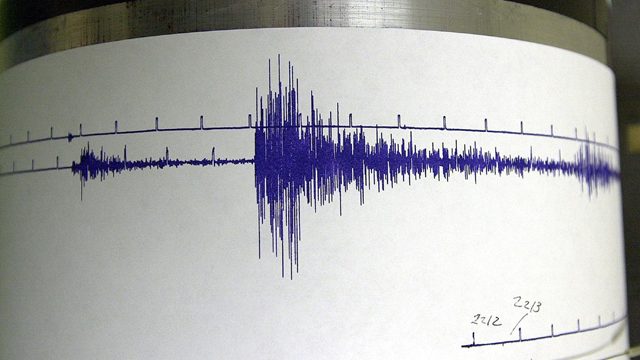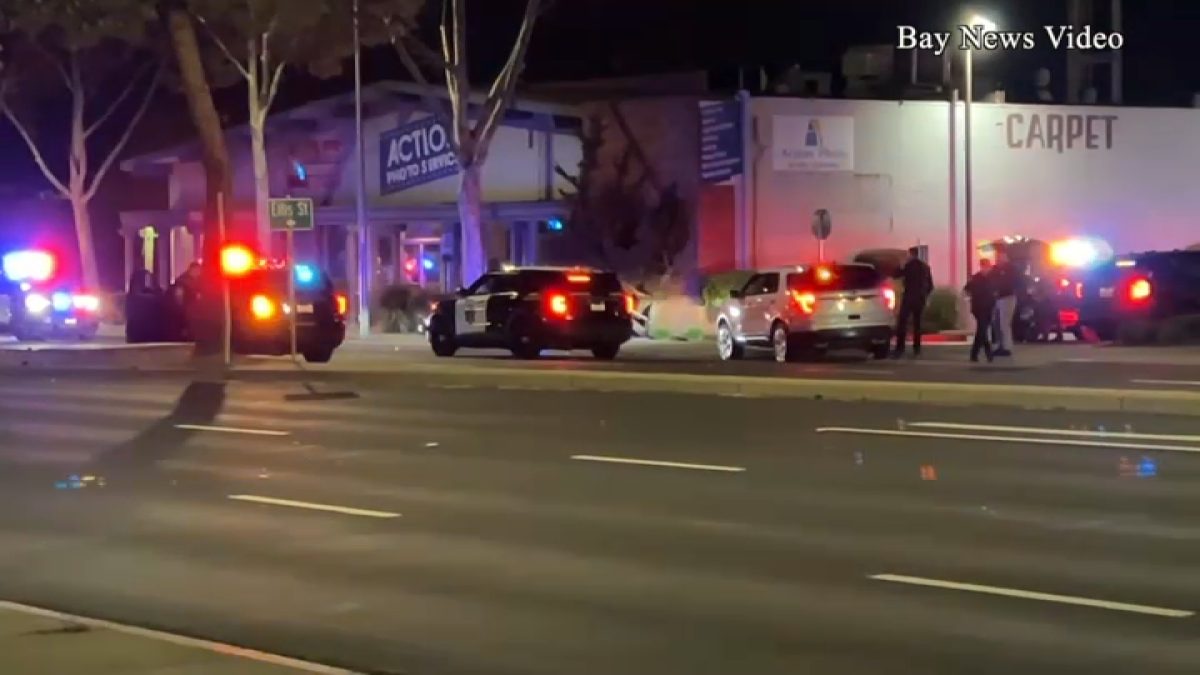More than 15 years after the murder of 12-year-old Polly Klaas, the first hearing in the death penalty appeal of the man convicted of killing her took place before the California Supreme Court in San Francisco today.
Arguments before the court centered on the validity of a jailhouse confession that Richard Allen Davis, 54, gave police nine weeks after Klaas was kidnapped from a slumber party at her mother's house in Petaluma on Oct. 1, 1993.
Justice Carol Corrigan commented, "To me, this is the knife edge on which this case turns."
Davis's appeal lawyer, Philip Cherney, argued that a confession Davis made on Dec. 4, 1993, was obtained in violation of his right to have a lawyer and should not have been allowed as evidence in his 1996 trial.
Deputy California Attorney General Ronald Matthias contended that an officer's initial questioning of Davis was justified by a concept known as the rescue doctrine, in which police can question a suspect with no attorney present if they have hope of rescuing a kidnap victim.

Klaas's father, Marc Klaas of Sausalito, attended the hearing at the State Building.
He said afterward, "I feel brutalized, having to live through all this again in the antiseptic atmosphere that is the justice system."
Klaas also said he was hopeful the justices were persuaded that Davis's rights weren't violated.
Local
Matthias told the court, "Polly had vanished without a trace and there was no reason to assume she was dead."
He continued, "When there's any reasonable chance of reuniting a child abduction victim with his or her family, that is a hope we would expect police to act upon."
The seven-member court has 90 days to issue a written ruling.
The appeal to the state high court, which is automatic in death penalty cases in California, is the first step in the capital punishment appeal process in the state.
If Davis loses the appeal, he can continue challenging his conviction through habeas corpus petitions in state and federal courts, which could take several more years.
Davis was sentenced to death after being convicted in Santa Clara County Superior Court in 1996 of 10 counts including first degree murder, kidnapping and an attempted lewd act on a child. The trial was moved out of Sonoma County because of extensive pretrial publicity.
He confessed to kidnapping and strangling Klaas in an interview with police in Mendocino County jail on Dec. 4, 1993, five days after he was arrested near Ukiah on a parole violation. Later on Dec. 4, Davis led agents to her body near U.S. Highway 101 south of Cloverdale.
Davis's contact with police that day began when Petaluma Police Sgt. Michael Meese, at the jail to collect his fingerprints, asked him to let him know if he wanted to talk about where Polly Klaas was.
Davis did not respond then, but 15 minutes later told jail officials he wanted to talk to Meese, who returned two hours later. Davis then agreed to give up his right to have a lawyer and confessed to Meese and two other investigators.
Matthias said Meese's initial conversation with Davis was justified by the rescue doctrine and that Davis's subsequent confession was valid because he voluntarily gave up his right to a lawyer.
Cherney argued the rescue doctrine should not apply because it was not realistic to expect Klaas was still alive after nine weeks. He maintained the confession should not have been allowed as evidence because it was the "poisoned fruit" of the initial conversation.
Several justices made comments that appeared to favor the prosecution's argument that the confession was valid.
Corrigan said Davis's request to have Meese called back to the jail "sounds to me" like a voluntary re-initiation of contact, separate from the initial conversation.
Chief Justice Ronald George commented, "We've read accounts in newspapers of kidnapped children who surfaced years later."
Justice Marvin Baxter noted that police were aware that Klaas's abductor told the other two girls at the slumber party that he did not intend to harm her.
The challenge to the confession is one of about two dozen appeal arguments raised by Cherney in more than 600 pages of briefs to the court.
Another argument is that the trial should have been moved farther away than Santa Clara County because of allegedly "inflammatory and prejudicial" media coverage throughout the Bay Area.



